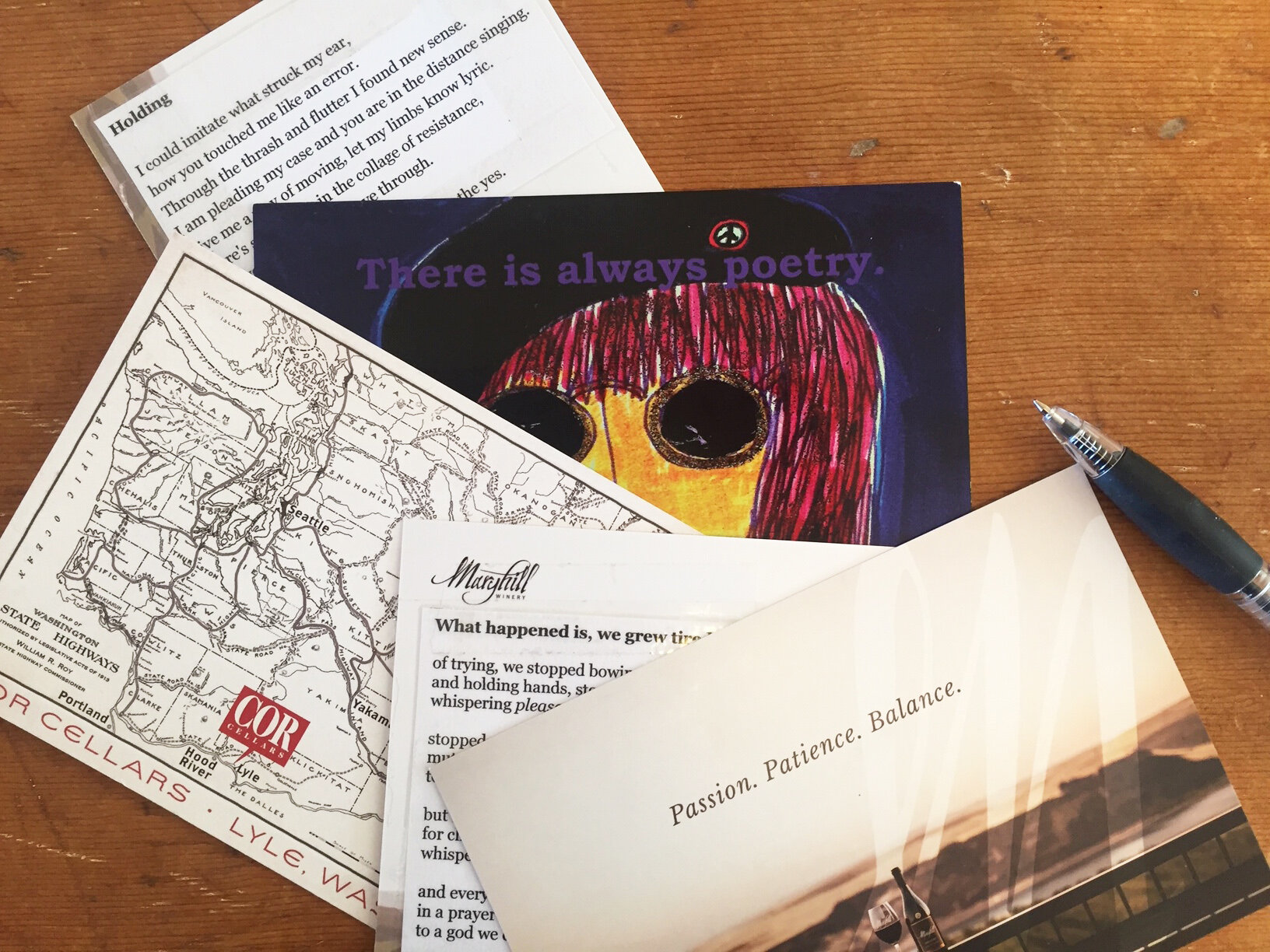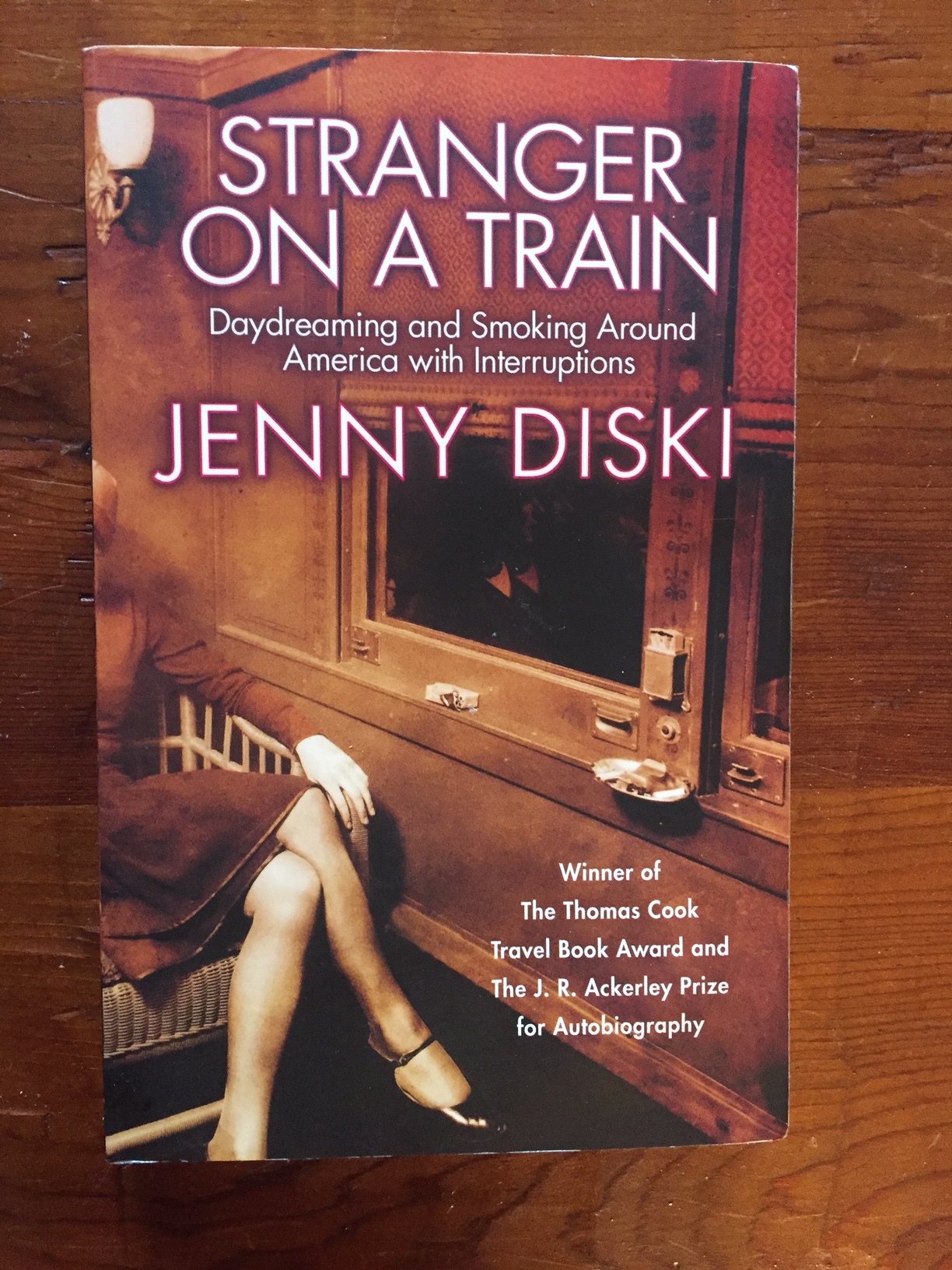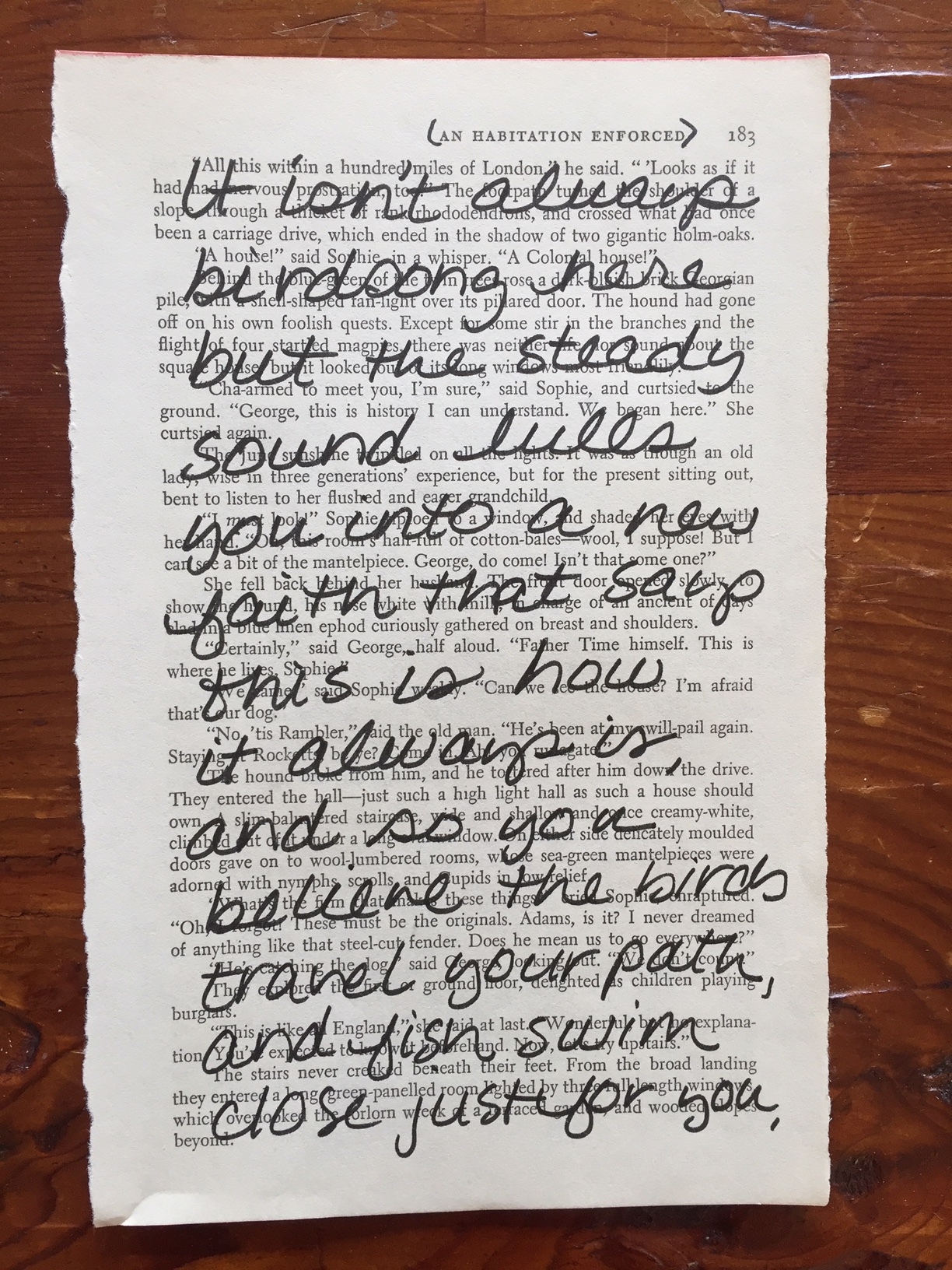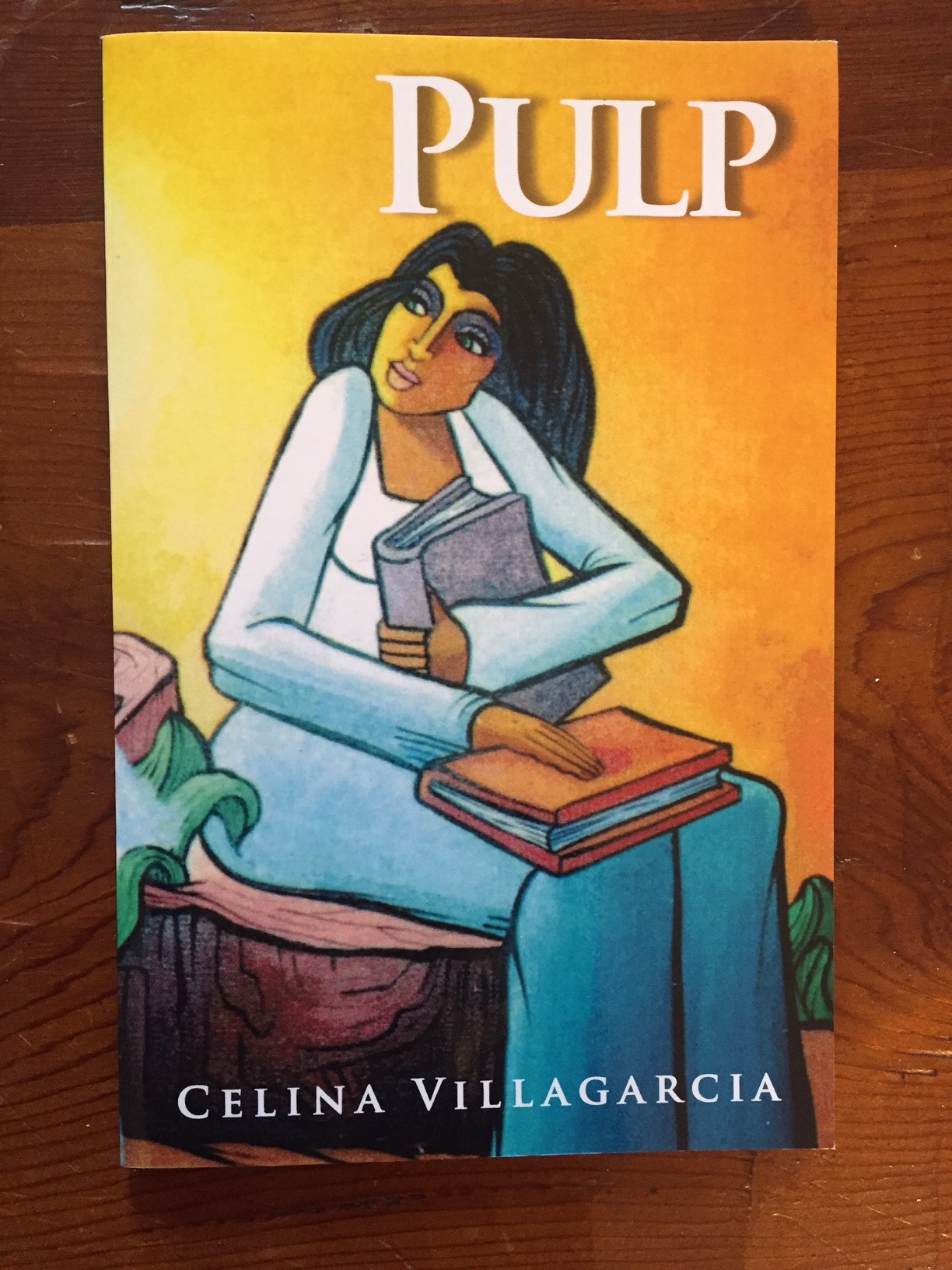1.
I wake with a question:
Is this sadness or defeat?
And then:
What’s the difference?
2.
I remember imperfectly.
Sometimes you remember everything as it happens: a soft voice, rain pattering the night, how you squeezed me so hard I couldn’t breathe and wished to stay this way — breathless and held.
You swear it to memory, as if ordering a meal: I’ll take this and this and this.
But the mind is a faulty photograph. The image wears, blurs, goes away.
3.
Caught in a tangle of photos I am suddenly crying for a life I don’t remember living. And yet, there I am, a toddler, on a bicycle, in a field. Here, the farm, the trailer, in my mother’s arms, my sister’s gaze.
I am nostalgic for what I did not know and now hold with a vague but fierce tenderness. With a hand of protection, I am both guarding and letting go.
4.
Nostalgia says, I didn’t try. I didn’t try hard enough. I could have loved more, loved better. Nostalgia hums with fondness and with guilt, leaves you doubled over what was lost, but even worse, taunts with what you didn’t know you had.
5.
Once, I made a rule:
Don’t give in to nostalgia, I said, It’ll only strangle you.
I was young. I willed away wanting. I would not long for what I did not have. I would not want.
But now, years later, the photos I hold are thin and fading. Hopeful faces, holding in, holding on. With an examiner’s eye I see happiness, and my heart makes a declaration: This is how it was. This is truth.
6.
Is this sorrow
or a relapse of calm?
the body a loneliness walking
mirror of survival
7.
Holding
I could imitate the thrash and flutter,
how you touched me like an error. I am pleading
my case and you are in the distance singing.
There's something in the collage of resistance,
how you finally let it move through. Please, I beg,
give me a way of moving, let my limbs know lyric.
Make it rejoice, you say,
to hold a burden is the terror.
— Drew Myron






































